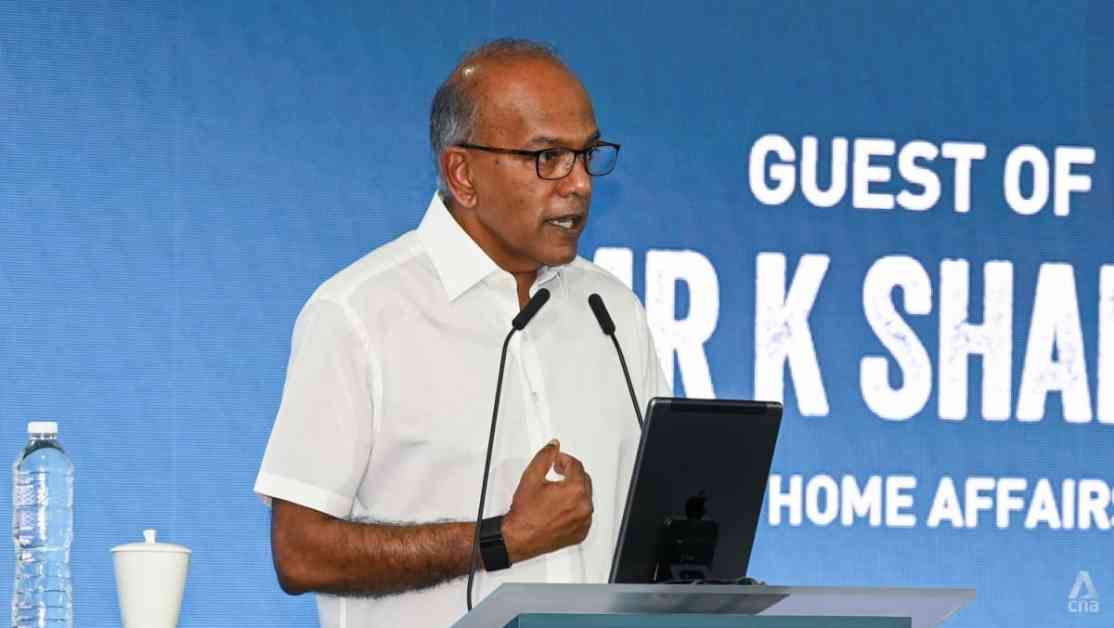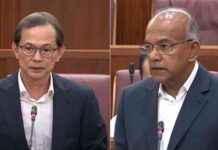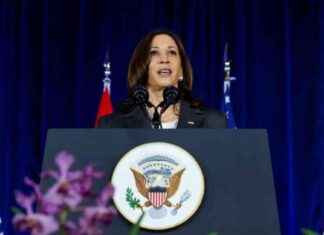Shanmugam Urges Setting Aside Personal Feelings to Protect Majority
Singapore’s Law and Home Affairs Minister, K Shanmugam, emphasized the importance of setting aside personal feelings to safeguard the majority of people in the country when it comes to the contentious issue of the death penalty. In response to a recent article by the Wall Street Journal (WSJ) about US President Joe Biden’s commutation of death sentences for 37 inmates, Shanmugam highlighted the critical role of prioritizing public interests over personal beliefs.
Debating the Ethics of Presidential Pardons
The WSJ commentary, titled Biden’s Prisoners of (His) Conscience, shed light on President Biden’s decisions to pardon certain convicts, such as Jorge Avila-Torrez and Anthony Battle, while leaving death sentences untouched for others, like the synagogue and church killers. Shanmugam pointed out the inherent tension between personal conscience and upholding the law in such cases.
President Biden’s actions were scrutinized for the perceived inconsistencies in his approach to granting clemency, prompting Shanmugam to reflect on the broader implications of such decisions. He underscored the need for policymakers to consider the greater good of society when navigating complex moral dilemmas like the death penalty.
Impact of Death Penalty on Drug Trafficking
Shanmugam further delved into the ramifications of abolishing the death penalty in Singapore, particularly in relation to drug trafficking. He warned that removing this deterrent could lead to an increase in drug-related crimes, violence, and deaths, posing a significant threat to the safety and well-being of the population.
Citing statistics from the European Union and the US, Shanmugam highlighted the correlation between drug trafficking and escalating criminal activities. By drawing parallels to Singapore’s own success in curbing drug abuse through stringent measures, he underscored the life-saving benefits of maintaining the death penalty as a deterrent.
In conclusion, Shanmugam emphasized the critical role of policymakers in prioritizing the collective welfare of the majority over individual sentiments. By advocating for a pragmatic approach that balances personal beliefs with societal needs, he underscored the imperative of making decisions that minimize harm and uphold public safety in a complex and evolving landscape.


























